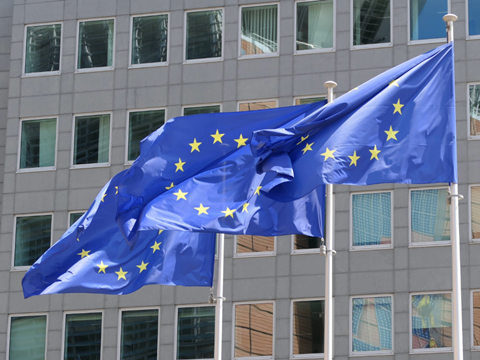
The European Commission has launched a public consultation and call for evidence for its upcoming Circular Economy Act, seeking input from stakeholders and the public to understand the opportunities and bottlenecks for a circular transition.
The Circular Economy Act is intended to drive the EU’s transition into a circular economy by boosting its economic security, resilience, competitiveness, and progress in decarbonization. This includes establishing a Single Market for secondary raw materials, increasing the supply of high-quality recycled materials, and encouraging demand for such materials within the EU.
Set to be adopted in 2026, the Act aims to align with recommendations from industry, as well as the European Council and Parliament, via the Letta and Draghi reports and the Antwerp and Budapest Declarations.
Its implementation is anticipated to add to the ambition of the Competitive Compass and Clean Industrial Deal – helping the EU double its circularity rate and become a ‘world leader’ in the circular economy by 2030.
Accepting consultation is also set to improve alignment with measures such as the Packaging and Packaging Waste Regulation, the Single Market Strategy, the Steel and Metals Action Plan, the Eco-Design for Sustainable Products Regulation, and the Critical Raw Materials Act.
Stakeholders are encouraged to use the Have Your Say portal to participate in online consultation. The feedback period with remain open until 6th November 2025.
Responding to the development on LinkedIn, the Ellen MacArthur Foundation commented:
“As the European Commission prepares to launch a crucial Public Consultation and Impact Assessment for its upcoming Circular Economy Act (CEA), we join Cambridge Institute for Sustainability Leadership (CISL), Environment Coalition on Standards (ECOS), European Environmental Bureau (EEB), Institute for European Environmental Policy (IEEP), RREUSE - Reuse and Recycling European Union Social Enterprises, and Zero Waste Europe in calling for an Act that fully embeds circular economy principles in Europe’s entire economic system.
“We urge the European Commission to deliver an ambitious, systemic shift in how Europe manages its material use through science-based resource targets, keeping products and components in use, and safe material circulation.
“A robust Act can accelerate the transition and secure the EU’s leadership in the global circular economy.”
Back in May, a Joint Industry Statement from over fifty packaging associations asserted that the Waste Framework Directive risked lowering recycling rates, increasing administrative costs, and compromising product availability and transparency by recognizing state-run producer responsibility organizations. The associations urged EU legislators to use the upcoming Circular Economy Act to introduce new legislative measures banning state-run PROs and barring them from minimum requirement exemptions.
In June, it was reported that the Green Claims Directive had been put on hold by the European Commission due to fears that it would add to administrative burdens for SMEs and thus undermine the Better Regulation Agenda, the Draghi Report, and the Competitiveness Compass.
This caused backlash as left-wing politicians accused the Commission of catering to conservative resistance against sustainability legislation, especially as the European Parliament argued that exempting SMEs from the Directive was the established plan. However, an anonymous source told Politico that President Ursula von der Leyen had no plans to walk back on the Directive’s progress.
Now progress for a Global Plastics Treaty continues as the next round of treaty negotiations commence tomorrow. With the help of WWF, we published an overview of its progress so far and the steps it has left to take before it can be enforced.
If you liked this story, you might also enjoy:
The ultimate guide to the Packaging and Packaging Waste Regulation in 2025
How are the top brands progressing on packaging sustainability?
Everything you need to know about global packaging sustainability regulation in 2025
The key to increasing the use of reusable packaging in supermarkets













No comments yet